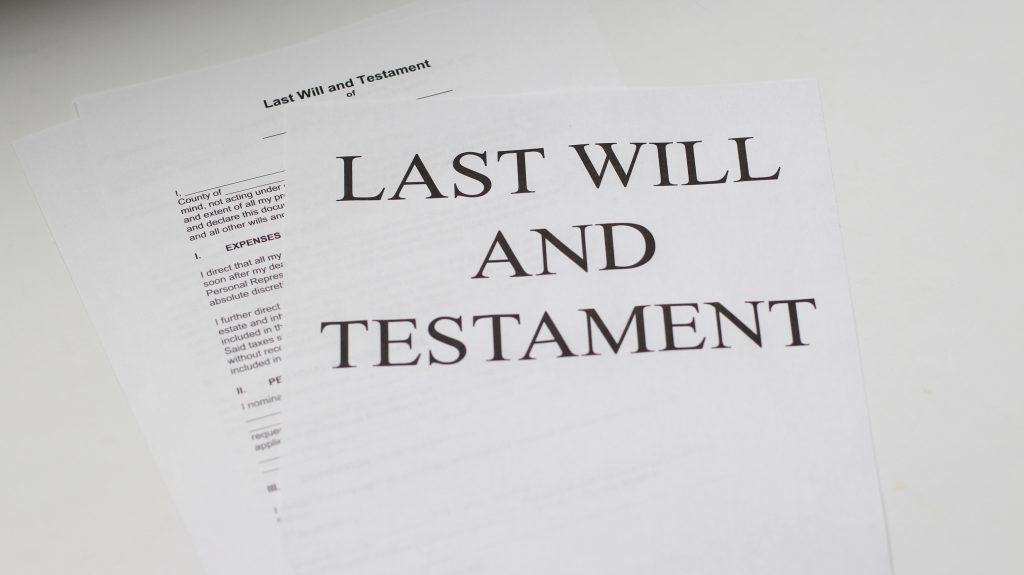Like other trusts, a Flexible Interest in Possession Trust (FIPT) holds and manages assets for the benefit of designated beneficiaries. However, what sets it apart is its unique flexibility in asset distribution and beneficiary entitlements. The key purpose of an FIPT is to provide the settlor (the person creating the trust) with greater control and adaptability over how their assets are distributed among the beneficiaries. This flexibility can be particularly advantageous in estate planning scenarios where the settlor wishes to accommodate changing circumstances or preferences over time.
What makes flexible interest in possession trust different?
To fully grasp the concept of FIPTs, it’s essential to understand how they differ from a traditional flexible life interest trust. In a FLIT, the beneficiary has a fixed entitlement to either the income generated by the trust assets or the use of the assets themselves. This fixed entitlement is known as the “interest in possession.”
In contrast, an FIPT offers greater flexibility by allowing the trustee to exercise discretion over the distribution of income or assets among beneficiaries. The trustee has the authority to adjust beneficiary entitlements as needed, ensuring that distributions are tailored to meet the evolving needs and circumstances of the beneficiaries. Another notable feature of an FIPT is its ability to change beneficiaries during the trust’s lifetime. The settlor and trustee have the power to add or remove beneficiaries from the trust as circumstances dictate, providing a dynamic and responsive approach to estate planning.
Whether due to changes in family dynamics, financial circumstances, or personal preferences, the ability to adjust beneficiary designations ensures that the trust remains aligned with the settlor’s wishes. This flexibility gives the settlor and trustee more control over how the trust assets are managed and distributed, allowing them to adapt to changing circumstances or beneficiary needs over time. As a result, FIPTs can be a powerful tool in estate planning, providing greater peace of mind and ensuring that the settlor’s wishes are effectively carried out.
What are the implications of FIPTs in tax?
Tax considerations play a significant role in estate planning, and FIPTs offer several potential advantages in this area. By providing flexibility in beneficiary entitlements and distributions, an FIPT can help minimise tax liabilities and maximise the wealth passed on to beneficiaries. For example, the ability to vary trust distributions based on individual tax circumstances can optimise tax efficiency for beneficiaries, potentially reducing overall tax burdens. Additionally, FIPT may offer opportunities for inheritance tax planning and mitigation, allowing settlers to preserve more of their estate for future generations.
Who can set up a flexible interest in possession trust?
The flexibility and versatility of a flexible interest in possession trust make it accessible and beneficial to a wide range of individuals with varying financial circumstances and estate planning objectives.
Here are some individuals who may benefit from setting up a FIPT:
- Individuals with Complex Financial Situations: If you have a diverse portfolio of assets, including property, investments, and business interests, a FIPT can provide a flexible framework for managing and distributing these assets according to your wishes.
- Families with Changing Circumstances: Families experiencing significant life changes, such as marriage, divorce, or the birth of children, may find FIPTs particularly valuable. The ability to adjust beneficiary entitlements and distributions allows for seamless adaptation to evolving family dynamics.
- High Net Worth Individuals: For high-net-worth individuals seeking to preserve and protect their wealth for future generations, FIPTs offer tax-efficient strategies for minimising estate tax liabilities and maximising the inheritance passed on to heirs.
- Business Owners and Entrepreneurs: Business owners and entrepreneurs can use FIPTs to protect their business assets and ensure a smooth transition of ownership in the event of incapacity or death. FIPTs can also provide a mechanism for succession planning, allowing for the orderly transfer of business interests to designated beneficiaries.
- Individuals with Charitable Intentions: Those with philanthropic goals may use FIPTs to support charitable causes while retaining control over the timing and distribution of donations.
What happens if I don’t establish an FIPT?
Without the protective measures provided by a FIPT structure, your assets may be subject to various risks and uncertainties. Firstly, without a trust in place, your estate will likely undergo probate proceedings upon your death, which can be time-consuming, costly, and subject to public scrutiny.
Additionally, it may result in assets being distributed according to the laws of intestacy, potentially leading to distributions that may not align with your wishes. This lack of clarity can also increase the likelihood of disputes among heirs over asset distribution, straining relationships and resulting in legal battles. Your assets may also be vulnerable to creditors’ claims, potentially reducing the amount available for distribution to your beneficiaries. Lastly, failing to establish an FIPT may limit tax planning opportunities, resulting in higher tax liabilities for your estate and beneficiaries.
If you want to protect your assets and secure your family through a flexible interest in possession trust, get in touch with Paradigm Will and Legal Services today at 0800 999 7750.
A member of our team will be happy to arrange a free initial consultation with one of our experienced legal experts.










